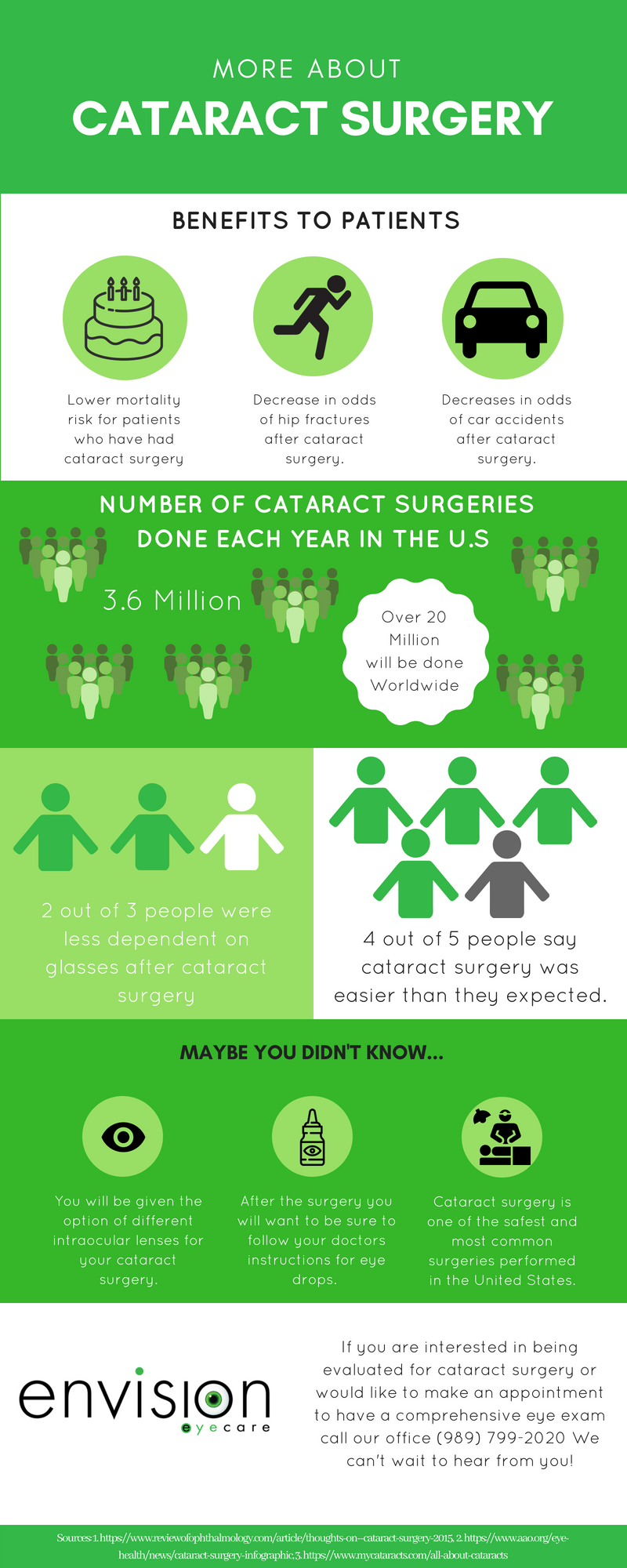Aiding A Family Member Undergoing Cataract Surgical Procedure: Insights From A Caretaker'S Viewpoint
Aiding A Family Member Undergoing Cataract Surgical Procedure: Insights From A Caretaker'S Viewpoint
Blog Article
Created By- of cataract surgery
As a caretaker supporting a loved one dealing with cataract surgical treatment, your role is important in ensuring their convenience and healing. From pre-surgery prep work to post-operative care, your visibility and aid can make a substantial difference in their journey. Comprehending the psychological and physical challenges they might experience, providing practical aid, and being their column of support are key elements in this procedure. Bear in mind, your role surpasses simply supplying assistance; it's about being a source of strength and comfort during a substantial phase in their life.
Understanding Cataract Surgery Refine
Checking out the steps involved in cataract surgical procedure can assist ease any stress and anxiety or uncertainty you may have concerning the procedure. Cataract surgery is a common and extremely successful treatment that includes getting rid of the gloomy lens in your eye and replacing it with a clear fabricated lens.
Prior to the surgery, your eye will be numbed with eye drops or a shot to ensure you don't feel any discomfort during the procedure. The surgeon will certainly make a little laceration in your eye to access the cataract and break it up using ultrasound waves before thoroughly removing it.
As soon as the cataract is gotten rid of, the artificial lens will be placed in its area. The entire surgical treatment normally takes around 15-30 mins per eye and is typically done one eye at once.
After the surgical treatment, you might experience some mild pain or obscured vision, yet this is normal and must boost as your eye heals.
Readying for Surgery With Each Other
To ensure a smooth and trouble-free experience, planning for cataract surgery with each other can make a substantial distinction in your enjoyed one's trip. Start by going to pre- https://www.forbes.com/advisor/credit-cards/medical-credit-cards-should-you-apply/ with them. In this manner, you can ask concerns, understand the procedure, and give emotional support.
Help them organize their pre-operative directions, medications, and transport to and from the surgical facility. Make certain their home awaits their recuperation by setting up a comfy room with very easy access to necessary items.
Help them in scheduling post-operative treatment if required, such as help with dishes or family chores. Motivate them to adhere to the physician's recommendations relating to fasting before surgical procedure and drug protocols.
Assure them that you'll be there for them every action of the method. By proactively participating in the prep work process, you can minimize stress and anxiety and ensure that your enjoyed one really feels supported and taken care of during this vital time.
Post-Operative Treatment Tips
After cataract surgery, providing proper post-operative treatment is critical for your loved one's recuperation. Ensure they wear the safety guard over their eye as instructed by the physician. Help cataract surgery before macular hole surgery administer recommended eye drops and drugs promptly to stop infection and help healing.
Motivate your enjoyed one to prevent touching or scrubing their eyes, as this can bring about difficulties. Help them in adhering to any constraints on flexing, raising heavy things, or taking part in exhausting tasks to stop stress on the eyes. Make sure they attend all follow-up consultations with the eye doctor for keeping an eye on progression.
Maintain the eye location tidy and dry, preventing water or soap straight in the eyes. Motivate your loved one to put on sunglasses to safeguard their eyes from brilliant light and glow during the healing process. i had cataract surgery and vision is blurry and helpful as they recover, supplying aid with everyday jobs as needed.
Verdict
In conclusion, supporting an enjoyed one with cataract surgical treatment includes existing every step of the means, from pre-surgery prep work to post-operative care. Your emotional support, functional assistance, and encouragement can make a considerable difference in their recuperation procedure. By staying notified, arranged, and alert to their needs, you can assist ensure an effective end result and give them with the convenience and reassurance they need during this tough time.
